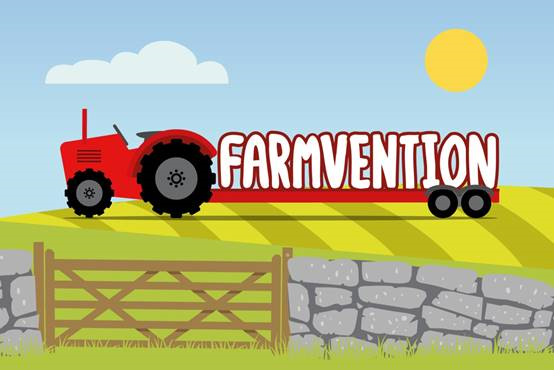In a critical week in Parliament, the NFU looks beyond Brexit to the next generation of farming as it celebrates the winners of its Farmvention competition in the House of Commons.
The competition challenged primary school children to use Science, Technology, Engineering and Maths (STEM) subjects to design a tractor of the future, create a healthy British snack product or create an environment for laying hens, and it received over 1,000 entries from schools all across the country.
Today the nine winners will showcase their designs to MPs, stakeholders and other winning schools in the House of Commons, where one overall champion will be decided by a judging panel led by NFU President Minette Batters.
Mrs Batters said: “This week is a critical week in Parliament, which could go down in history as one of the most defining times for Britain and for British farming. But educating our children about food, and about how farmers produce it, goes beyond today’s parliamentary activity.
“Agriculture is a high-tech industry and as the world changes it will need an increasing workforce of scientists, technicians, engineers and mathematicians. We set out with the aim of opening young eyes to the realities of British agriculture and the many exciting opportunities within the industry, and I’m proud to say we have done just that.
“Farmvention has also provided new and innovative ways for schools to effectively teach STEM subjects. We were staggered by the ingenuity and the use of new technologies in some of these competition entries, and we hope it will lead to more schools delivering STEM subjects through the lens of agriculture.
“British farming has the potential for a fantastic future where we can continue to provide quality, affordable food for the nation, maintain our high production standards and care for the iconic British countryside, and this future starts with our children.
“By integrating food and farming into the primary curriculum we are opening the doors for potential career paths that could otherwise pass our young people by. They could be scientists, nutritionists, even members of Parliament. Or better yet, they could be farmers.”


